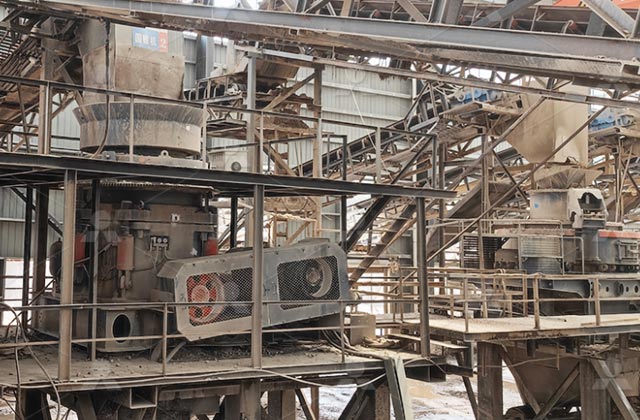A 200 TPH (Tons Per Hour) stone crusher is a robust and efficient piece of machinery designed for high-capacity crushing operations. With a processing capacity of 200 tons of material per hour, it is suitable for various applications in the aggregate, mining, construction, and recycling industries. This crusher typically handles medium to hard materials like granite, basalt, limestone, and sandstone, making it ideal for large-scale operations that require consistent and high-volume crushing.

Key Components of a 200 TPH Stone Crusher
A 200 TPH stone crusher consists of multiple stages and components to ensure optimal performance. The most common types of crushers used in this capacity range include jaw crushers, cone crushers, and impact crushers. These crushers are typically combined in a plant to achieve the desired size reduction and shape of the final product.
- Jaw Crusher (Primary Crusher): The jaw crusher is often the first stage in a 200 TPH plant. It is used to crush large materials, such as rocks or ore, into smaller sizes for further processing. Jaw crushers are known for their rugged design and ability to handle tough, abrasive materials. They operate by compressing material between a fixed and a moving jaw. The size of the material can be adjusted by changing the gap between the jaws.
- Cone Crusher (Secondary or Tertiary Crusher): After the material is reduced by the jaw crusher, it is often further processed in a cone crusher. The cone crusher is used for secondary or tertiary crushing, producing finer outputs. It works by squeezing material between a rotating cone and a concave surface. Cone crushers are particularly efficient for producing a uniform size of crushed material, which is often required in aggregate production for concrete or road construction.
- VSI Crushers (Vertical Shaft Impactors): These crushers are particularly effective for producing high-quality manufactured sand and fine aggregates. VSI crushers use high-speed impact forces to break down stone and are ideal for tertiary and quaternary stages of crushing. They are often used in combination with other crushers in a plant to achieve specific output sizes.
- Vibrating Screen: A vibrating screen is an essential part of a 200 TPH crushing plant, responsible for separating materials based on size. After the material is crushed, it is fed through vibrating screens that sift out fines and oversize particles. Multiple decks can be used to produce different grades of material for specific applications.
Benefits of a 200 TPH Stone Crusher
- High Throughput: With a capacity of 200 tons per hour, these crushers are capable of handling large volumes of material efficiently. This makes them ideal for high-demand industries like construction, where large quantities of crushed stone are needed in a short amount of time.
- Versatility: A 200 TPH stone crusher is versatile and can be used in different stages of the crushing process. It can be adapted to produce various types of aggregates, including sand, gravel, and crushed stone, which are crucial for different applications like concrete, asphalt, and road construction.
- Durability and Reliability: The robust design of these crushers ensures that they can withstand harsh working conditions, including extreme weather and abrasive materials. Proper maintenance can lead to long-term durability and minimal downtime, increasing overall productivity.
In conclusion, a 200 TPH stone crusher is a powerful and efficient machine designed to handle high-volume material crushing. With its robust construction, versatile applications, and ability to produce high-quality aggregates, it plays a critical role in the mining, quarrying, and construction industries.

